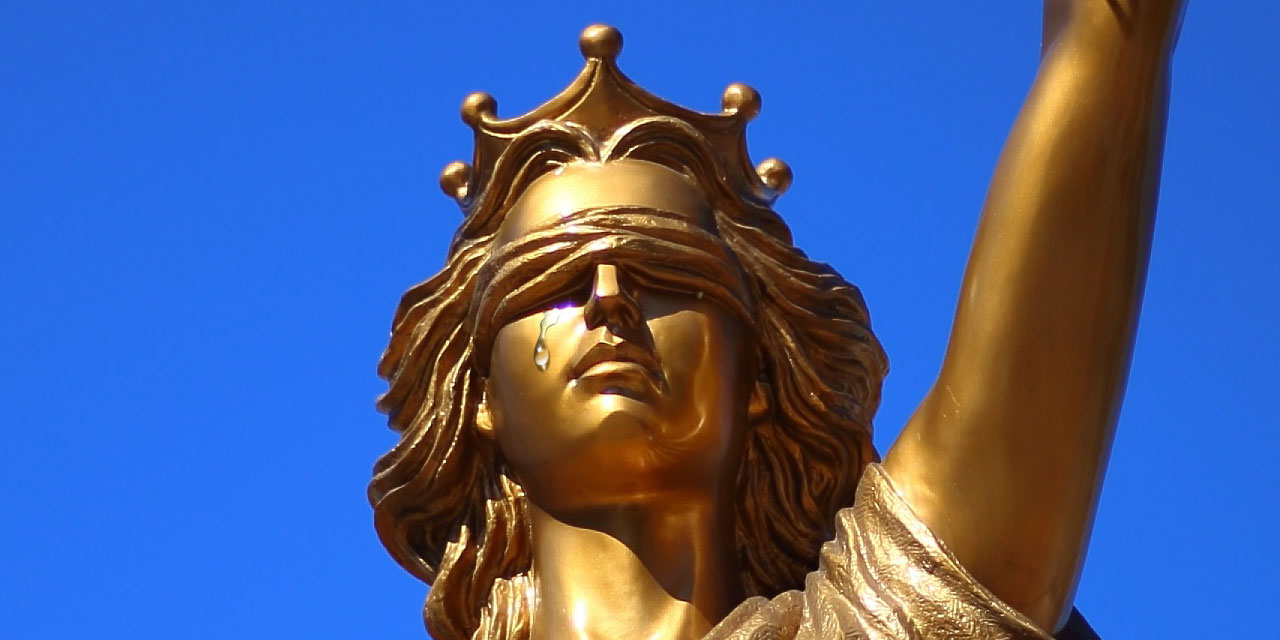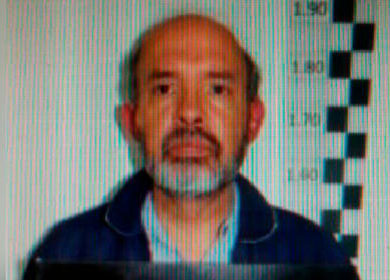Colombia’s Supreme Court on Wednesday decided not to elect a new magistrate until after losing the two thirds majority it needs to do so.
In an unprecedented move, Colombia’s top court adjourned the session to elect a replacement for magistrate Ariel Salazar until after his resignation on Thursday.
Last time half the Supreme Court was killed
The last time the Supreme Court found itself without the necessary two thirds majority to elect magistrates was in 1985 when guerrillas hijacked the Supreme Court and the military destroyed the Palace of Justice, leaving half the magistrates dead.
This time only a small group of magistrates who sabotaged the replacement of retiring colleagues was needed to create the institutional crisis, Supreme Court President Alvaro Garcia said in December.
The so-called Palace of Justice Siege triggered President Belisario Betancur to declare a state of emergency and decree that the magistrates were allowed to fill up the empty seats without the necessary majority.
This time, the 15 remaining magistrates decided to provisionally reinterpret the two thirds majority rule and elect new magistrates without 16 of 23 votes, but 10 of 15, according to local media citing anonymous court sources.
Risky businesses
The decision to wait until after Salazar’s resignation may be the only option to break the deadlock, but is not without risk.
The State Council nullified the 2010 election of former Prosecutor General Viviana Morales in 2012 after a law student challenged her election, successfully arguing she was not elected with 16 votes, but 14 of 18.
The Supreme Court is currently investigating former President President Alvaro Uribe and two of its own former magistrates, making a legal challenge from heavyweight lawyers almost certain.
The only way the court can prevent being rendered powerless by some of Colombia’s most powerful alleged criminals is by acting quickly.
The State Council refused to suspend Morales or nullify the decisions she took after her unlawful election, which gives the court time to fill up its empty seats until the possible removal of Salazar’s replacement.
Presidential intervention less likely

President Ivan Duque (Image: President’s Office)
With his political patron with one foot in prison, President Ivan Duque can be almost certain that his far-right Democratic Center party will ask him to declare a national emergency; the “uribistas” have done so twice already.
Duque can only declare an emergency with unanimous support from his cabinet, a possibility that is slim.
In order to obtain a majority coalition in Congress, the president last month agreed to share power with Radical Change and the U Party whose ministers respond to bosses other than Uribe.
Furthermore, Duque is already facing strong opposition in Congress and society who are unlikely to accept the unpopular president assuming absolute power.




